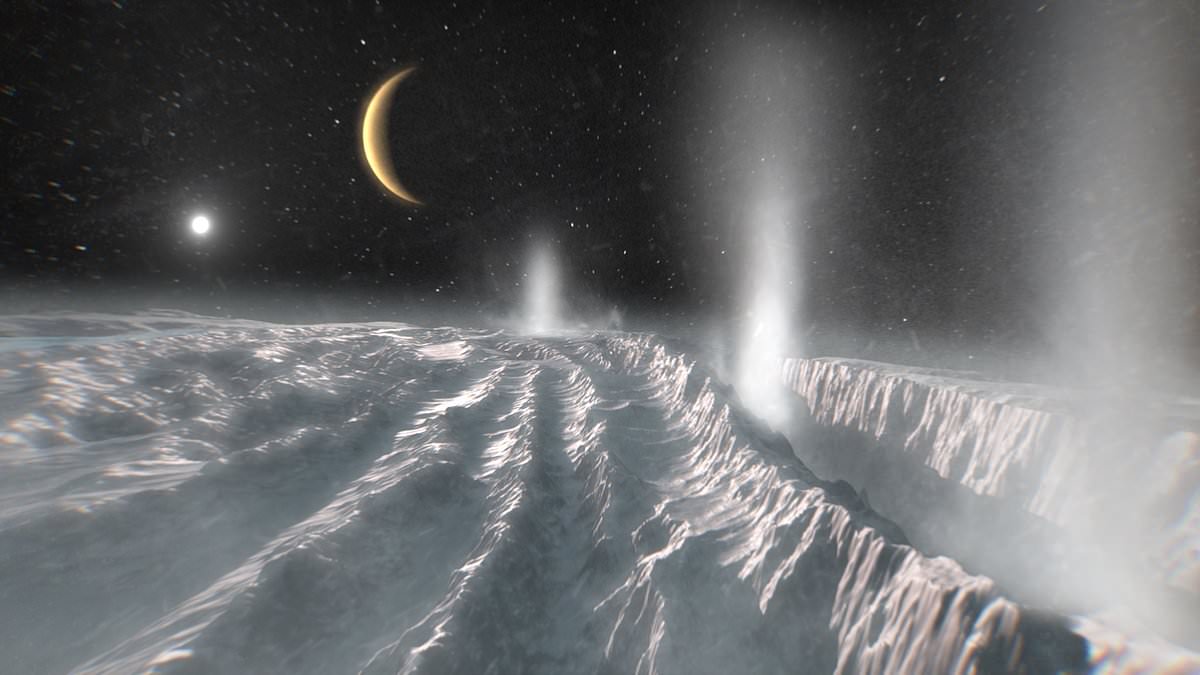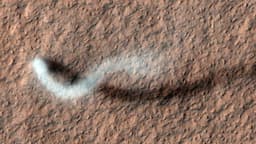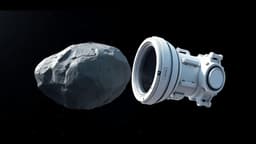Home / Science / Enceladus, Saturn's Moon, May Harbor Alien Life, Scientists Discover
Enceladus, Saturn's Moon, May Harbor Alien Life, Scientists Discover
10 Nov
Summary
- Cassini mission finds heat escaping from Enceladus' North Pole
- Suggests moon's underground ocean has stable climate, ideal for life
- Enceladus' icy surface is barren, but ocean has ingredients for life

According to a recent study, Saturn's moon Enceladus could be home to alien life. New data from NASA's Cassini mission has revealed that heat is escaping from the moon's North Pole, suggesting its vast underground ocean has a much more stable climate than previously thought.
This discovery is significant because scientists believe that a stable environment is crucial for life to emerge and thrive. While Enceladus' icy surface appears barren, its subsurface ocean is believed to have all the necessary ingredients for life, including liquid water, organic compounds, and heat energy.
The researchers have calculated that Enceladus is losing a balanced amount of energy, meaning its ocean is likely to be long-lived and stable. This increases the chances that the moon might have developed life, potentially similar to the organisms found around deep-sea hydrothermal vents on Earth.
The next step will be to determine whether Enceladus' oceans are old enough for life to have formed. If so, it could justify sending another probe to search for chemical signs of life in the moon's icy plumes or even to explore the ocean itself.




